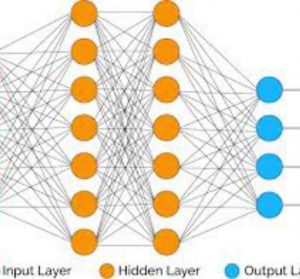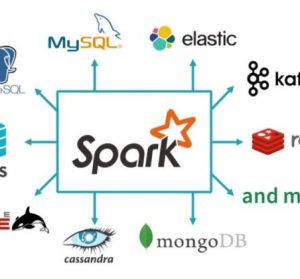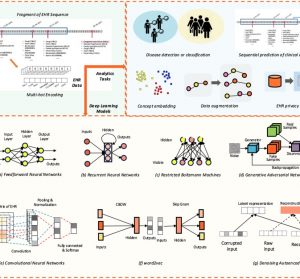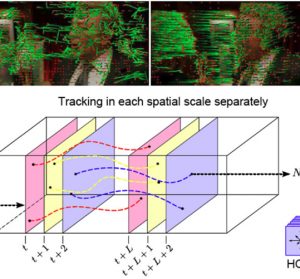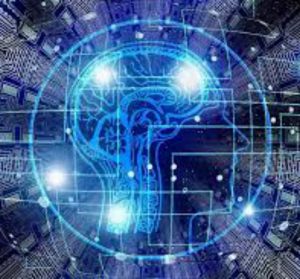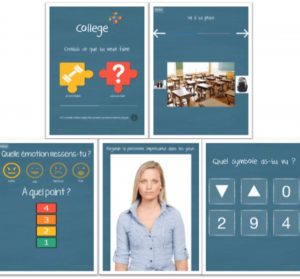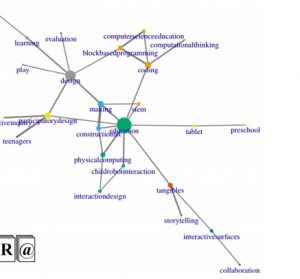A Biological Mechanism Based Structure Self-Adaptive Algorithm for Feed forward Neural Network and Its Engineering Applications
Abstract Feedforward neural network (FNN) is an information processing system that simulates human brain function to a certain extent by referring to the structure of a biological neural network and […]
